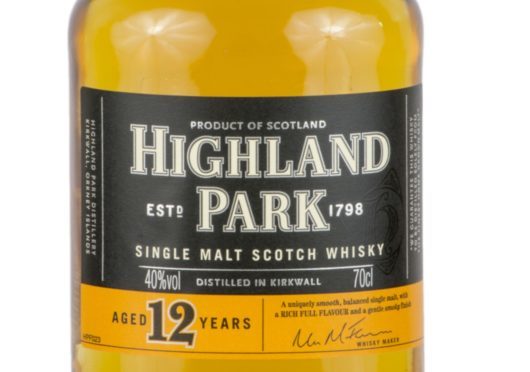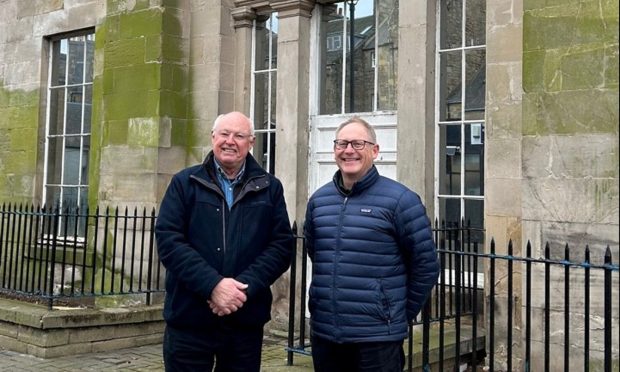Although all whisky fans have their own favourite malt, many agree the best “all-round malt” is Highland Park. It has that combination of nose, mouthfeel and finish that makes it many aficionados’ first or second choice. However, one wonders how a distillery beside Kirkwall in Orkney got called Highland Park, as the nearest Highlands are miles south across the stormy Pentland Firth.
Yet, interestingly, a century ago another production plant called Highland Park was making global headlines. It was the vast 102-acre Ford factory in Michigan, which was disgorging zillions of Model T Fords, the famous Tin Lizzies.
What distinguishes Henry Ford from countless other early car makers was he invented the moving assembly line, started at Highland Park in October 1913. That slashed Model T assembly time from over six hours to 90 minutes and also cut costs and car prices (from $700 to $350). That turned the car from the indulgence of the rich into something everyone could own. He even paid his workers top-whack wages so they, too, could afford a Model T. Were one asked to nominate the man who most changed the world in the 20th century, I would say Henry Ford.
There’s a notable parallel between the two Highland Parks. Both were started by men who were, or became, heroes. Orkney’s Highland Park was reputedly founded by the Rev Magnus Eunson, a cleric and popular illicit whisky distiller. It is said the excisemen went to arrest him but the island bush telegraph forewarned him. Casks were uprighted in the church, covered by a cloth to create an altar, an empty coffin placed on top and locals rushed in to act as “mourners”.
The excisemen swooped in mid-funeral, but stood there nonplussed—and a hoarse whisper from a “mourner” that the “deceased” had died of smallpox sent them hurriedly away.
However, the big difference is Orkney’s Highland Park is still distilling today, 220 years after it was founded, while the Michigan one’s glory days ended in the late 1920s when Ford launched the Model A at the new River Rouge plant in nearby Dearborn. Highland Park became a tractor assembly and spares plant, then built Sherman tanks during the war and still stands today, part of it a Ford Museum.










